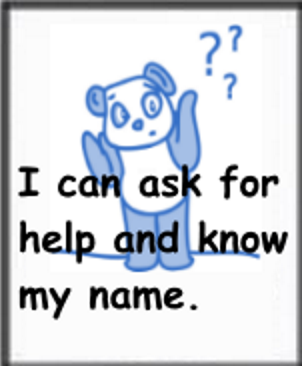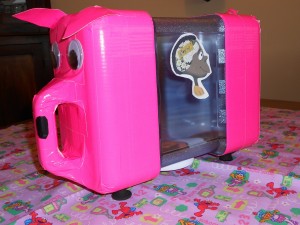Before going to kindergarten, there are some important things for kids to know. Children asking for help is high on the important list.

This has been a topic before, but it’s worth repeating at this time of year. For kids going off to kindergarten, playschool, or a care program, there will be quite likely be things they don’t know. They will need to be able to ask questions, especially if they help. Is this something your child knows? Yes, at home, kids ask about 300 of them a day. School or daycare can be very different though for a child.
We might think asking questions is simple and straightforward, but it’s not so to a child. There’s lots of thinking involved. If you’ve ever studied a second language, you’ll understand how the word order and other bits get changed around. It can be complicated.
When kids hear us asking questions we give them a model to copy. Sometimes, we need to ask the question for them or give them the words to us. If a child comes to us with a book, we can say, “Could you read me a story, please? Is that what you were going to ask?”
Asking questions, and asking for help, requires confidence and trust. With new people, this can be pretty scary. When dropping off kids, take a minute to show them someone they can ask for help. Not just a language skill, this is also a social and emotional one.
Having been in the situation as a teacher, I have many experiences of young children, 3,4, and 5 years old that can’t remember how to ask or are too scared. Checking if it is okay to play with the blocks is not nearly as significant as asking about the bathroom.
At home, you may use a nickname for your child. In a school or care center, the teachers and adults can’t use Buddy or Princess for all the kids. It’s a good idea to make sure your child knows his or her name.
Besides hearing us ask questions, kids also need to hear us asking for help. For adults, this can be really hard. It makes us feel very vulnerable. We like to be able to do things ourselves. The same is true for kids. Can you turn children asking for help into a play-of-the-day?
(Here is the post for the Before I Go to Kindergarten infographic checklist.)


